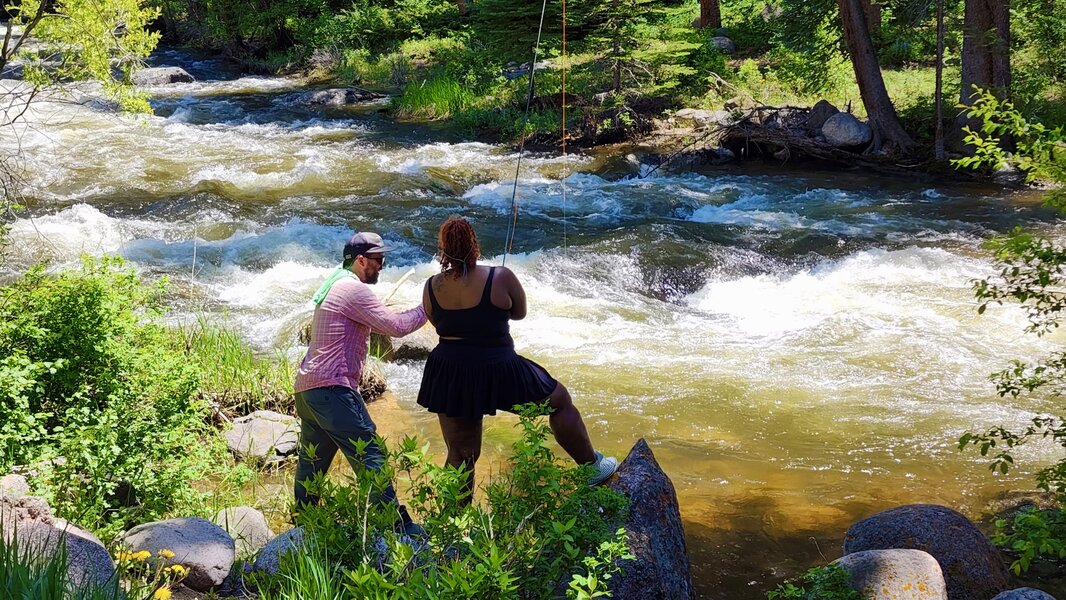In recent years, there has been a growing movement advocating for the idea that outdoor spaces, including parks, trails, and natural reserves, belong to everyone. This perspective challenges the notion that such areas should be privatized or restricted to certain groups, emphasizing the importance of public access for recreation, mental health, and community well-being.
Historically, public lands have served as vital resources for diverse populations, offering opportunities for outdoor activities, environmental education, and cultural experiences. However, in some regions, there is a rising trend among private entities and certain policymakers to limit access, citing concerns over land management and economic development. These efforts often involve legal battles, policy changes, and public protests.
Advocates argue that restricting access undermines the fundamental principle that natural resources should be preserved for public benefit. They highlight that outdoor spaces contribute significantly to physical health, mental wellness, and social cohesion. Moreover, equitable access ensures that marginalized communities, often underserved in outdoor recreation, can enjoy the benefits of nature.
Legal frameworks such as the Wilderness Act and various state-level statutes aim to protect public lands from privatization. Yet, ongoing debates question how best to balance conservation efforts with public access. Some suggest implementing sustainable management practices that allow for responsible use without compromising ecological integrity.
Community-led initiatives and grassroots organizations play a crucial role in defending public access. Campaigns often focus on raising awareness about the importance of keeping outdoor spaces open and resisting privatization efforts. Additionally, policymakers are encouraged to enact legislation that safeguards the rights of the public to enjoy natural areas.
In conclusion, the movement that champions the idea that 'The Outdoors Belong to Us, Too' underscores the importance of inclusive access to natural spaces. Ensuring that outdoor areas remain accessible to all is vital for fostering a healthier, more equitable society and preserving the natural environment for future generations.
